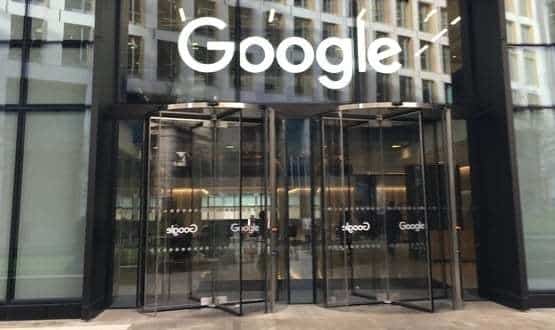DeepMind Health is in talks with NHS trusts across England
- 20 March 2017

Google’s artificial intelligence subsidiary is in talks with NHS trusts across the country to implement its technology, but says that the cheap introductory prices won’t last.
DeepMind Health deployed its acute kidney injury (AKI) alerting app, Streams, at the Royal Free London NHS Foundation Trust, and has signed up Imperial College Healthcare NHS Trust for a similar deal.
DeepMind also has research partnerships at Moorfields Eye Hospital NHS Foundation Trust and University College London Hospitals NHS Foundation Trust.
Mustafa Suleyman, DeepMind’s co-founder and head of applied AI, told Digital Health News that “there are not many trusts that we haven’t spoken to”.
In trust board papers, the London based company has been referenced by University Hospital Southampton NHS Foundation Trust and Sheffield Teaching Hospitals NHS Foundation Trust.
DeepMind and Royal Free signed a five year agreement in November last year for the company to deploy Streams.
A spokesman for DeepMind said the trust is paying a minimal amount for maintenance and service costs.
However, Suleyman said that after this introductory offer the prices will return to competitive rates.
“After the five year agreement I expect the prices to default to market rate, and the Royal Free expect that too. More widely than that, hopefully lots more partners who want to work with us and use our software.”
DeepMind’s ambitious plans within the NHS have been reported before in BBC coverage of its patient engagement event in September.
Suleyman repeated these aspirations to Digital Health News when he said “we wouldn’t be in this if we didn’t believe that in ten years time we could radically transform healthcare”.
The relationship with the Royal Free has been stalked with controversy since the New Scientist reported in April last year that the initial agreement between the two had involved sharing 1.6 million people’s data over five years to help create a DeepMind app.
Royal Free and DeepMind have both been criticised for not informing patients that their data was being shared. The deal is also the subject of an on-going Information Commissioner Office investigation.
On Thursday an academic paper was published in Health and Technology saying that “the failure on both sides to engage in any conversation with patients and citizens is inexcusable”.
However, both DeepMind and the Royal Free have strongly hit back saying the study by Cambridge academic Julia Powles and journalist Hal Hodson “completely misrepresents the reality of how the NHS uses technology to process data”.
The the argument hinges on the definition of direct care, and whether it covers patient’s whose data was shared. Privacy campaigner group, MedConfidential, said the data handed over is outside the remit of direct care as it involves patients who have nothing to do with the app. However, Royal Free and DeepMind has said the use was clearly direct care.
“It is good that 11 patients a day get faster care due to this tool; but Google will still not say why they wanted data on thousands of patients who visit the hospital daily,” Phil Booth, MedConfidential coordinator, said.
Royal Free announced in late February that Streams was freeing up to two hours worth of nurses’ time each day.
Read Digital Health News’ interview with Mustafa Suleyman here.



